As Russian President Vladimir Putin prepares for his upcoming visit to India for the 23rd bilateral summit later this year, both countries are actively shaping new proposals to further deepen their longstanding partnership. This high-level engagement comes at a time of profound global transformation, with geopolitical uncertainties, economic shifts, and strategic realignments impacting traditional alliances. Against this backdrop, the India-Russia relationship continues to stand out as a model of enduring trust and pragmatic cooperation.
At the heart of this evolving partnership lies a foundational pillar: mutual trust. This trust has not only survived the upheavals of a changing world order but has also grown stronger in recent years, as both nations have pursued foreign policies rooted in strategic autonomy and multipolarity. For New Delhi and Moscow, the partnership is no longer confined to bilateral agendas-it increasingly serves as a stabilizing force within broader international frameworks.
To better understand and articulate the current dynamics and future possibilities of the India-Russia relationship, a group of scholars and practitioners from both countries have contributed to a newly published volume titled India and Russia: Enduring Trust in a Transformational Era. Released by Har-Anand Publications earlier this year, the book presents a rich compendium of perspectives on the full spectrum of India-Russia ties-from legacy areas such as defense and energy to emerging domains like high technology and climate cooperation.
The volume is edited by Dr. Lydia Kulik, a leading Russian expert on India and head of India Studies at the Moscow School of Management SKOLKOVO. She also serves as a senior research fellow at the Institute of Oriental Studies of the Russian Academy of Sciences. The publication received additional support from Dipanjan Roy Chaudhury, diplomatic affairs editor at The Economic Times, signaling a rare confluence of academic rigor and journalistic insight.
In an interview with RT, Dr. Kulik emphasized that the book offers a “fresh look” at the bilateral relationship, especially in light of the profound global transformations unfolding in recent years. “This edition is a selection of opinions from Russia and India providing a fresh look at the relationship that is of utmost importance to the people of our two civilization-states, as well as to the world undergoing profound change,” she noted. The book assesses the historical trajectory of India-Russia ties-from the Soviet era to the landmark year of 2024, which has seen an unprecedented revival in engagement.
Among the contributors is Pankaj Saran, convener of the strategic think tank NatStrat and former Indian ambassador to Russia. Saran offers a detailed assessment of the bilateral relationship’s strengths, weaknesses, and future outlook. Despite challenges such as Russia’s confrontation with the West and its increasing alignment with China, he concludes that India-Russia relations will remain resilient due to their deeply institutionalized character and overlapping strategic interests.
One of the recurring themes across the essays is India’s strategic autonomy-an approach that Moscow greatly values. Tatyana Shaumyan, head of the Center for Indian Studies at the Institute of Oriental Studies in Moscow and a Padma Shri awardee, notes that India’s foreign policy is shaped by its desire to remain non-aligned and independent. While New Delhi has expressed concern over Russia’s actions in Ukraine, it has also refused to toe the Western line by abstaining from anti-Russia resolutions at the United Nations.
Shaumyan elaborates on how India is steadily globalizing its foreign policy posture, seeking a greater role not only in South Asia but also on the global stage. As India’s economic, technological, and military capacities grow, so too does its ambition to be a rule-shaper in international affairs. She also examines India-Russia cooperation in multilateral institutions like BRICS, the Shanghai Cooperation Organization (SCO), and the Russia-India-China (RIC) dialogue. Although challenges exist, such platforms offer significant scope for expanding influence and deepening coordination.
The importance of Prime Minister Narendra Modi’s visit to Moscow in July 2024 is also highlighted throughout the book. As his first bilateral trip following re-election and his first visit to Russia since the Ukraine conflict erupted in 2022, the timing was significant. According to Leyla Turayanova, junior research fellow at the Center for the Indo-Pacific Region at IMEMO RAS, this visit demonstrated New Delhi’s commitment to sustaining its traditional partnerships even as it builds closer ties with the West. She argues that India-Russia relations have passed the “stress test” posed by the Ukraine war and have emerged with renewed energy, especially in trade and connectivity.
Connectivity is indeed a vital area of discussion. A trio of authors-Julia Melnikova of the Russian International Affairs Council, Natalia Viakhireva of the Arbatov Institute, and GlebGryzlov, a program coordinator at RIAC-delve into how India has become increasingly involved in Russia’s transport and infrastructure projects. The International North-South Transport Corridor (INSTC), Arctic shipping, and the Northern Sea Route are all identified as key pillars of cooperation in a world where supply chains and trade routes are being rapidly recalibrated.
Economic collaboration is further analyzed by Sergey Komyshan, an executive at SIBUR. He uses the case of Reliance Sibur Elastomers-a successful India-Russia joint venture-to demonstrate the commercial potential of bilateral industrial cooperation. He also points to newer opportunities, including integrating national payment systems, collaboration in water recycling technologies, and a joint carbon credits framework.
Defense and strategic cooperation, a historical bedrock of the India-Russia partnership, remains relevant but is also undergoing transformation. AaryamanNijhawan, an international relations analyst, explores how lessons from the Ukraine conflict could help shape future military-technical cooperation. Areas like drone technology, anti-drone systems, and even semiconductor manufacturing are identified as promising avenues for joint R&D.
Science and technology, though acknowledged as a key area, suffers from a lack of structured cooperation. Olga Ustyuzhantseva and Ivan Danilin of IMEMO RAS argue that the future of India-Russia collaboration in this domain will depend on moving beyond state-driven models toward private-sector partnerships. They highlight the growing role of startups, venture capital, and SME-led innovation in both countries, stressing the need for better institutional frameworks and sustained investment.
Sergey Storchak, a veteran banker and former deputy finance minister of Russia, addresses the financial dimensions of bilateral ties. With Western sanctions on Russia prompting a rapid de-dollarization of its economy, India has emerged as a vital partner for experimenting with trade in local currencies and establishing secure, fast financial messaging systems.
Anna Kireeva of MGIMO examines India-Russia relations within the larger context of ASEAN and the Indo-Pacific. She proposes novel formats for engagement, including policy dialogues, joint arms production for third markets, maritime domain awareness, and collaborative technological ecosystems. Her analysis reflects a broader strategic shift as both nations look to diversify their diplomatic toolkits and regional partnerships.
Finally, AlekseiZakharov from the Institute of Oriental Studies underscores that Russia’s regional approach is expanding. While India remains a crucial pillar of Russia’s South Asia strategy, Moscow is increasingly engaging with other regional actors to balance its growing vulnerabilities and expand its diplomatic footprint.
As President Putin prepares for his landmark visit to India, India and Russia: Enduring Trust in a Transformational Era serves as a timely and in-depth exploration of one of the world’s most time-tested bilateral partnerships. With evolving global dynamics, both countries have shown that their relationship is not just a relic of the Cold War era but a dynamic, forward-looking alliance capable of adapting to 21st-century challenges.
From energy and defense to connectivity and digital innovation, the India-Russia partnership is entering a new phase-one marked by both continuity and change, resilience and reinvention. The future, as this new volume suggests, lies in collaborative innovation and deeper strategic convergence.
Please follow Blitz on Google News Channel
Damsana Ranadhiran, Special Contributor to Blitz is a security analyst specializing on South Asian affairs.
india-russia-ties-reinvented-enduring-trust-in-a-changing-global-order

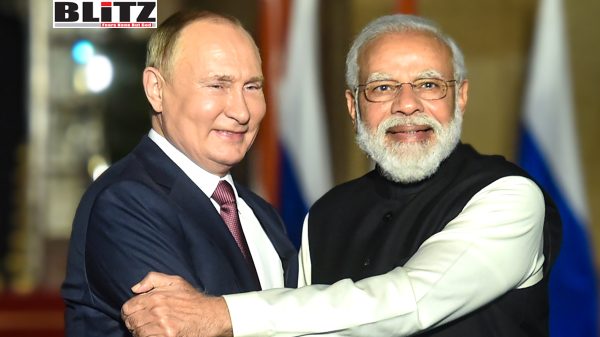
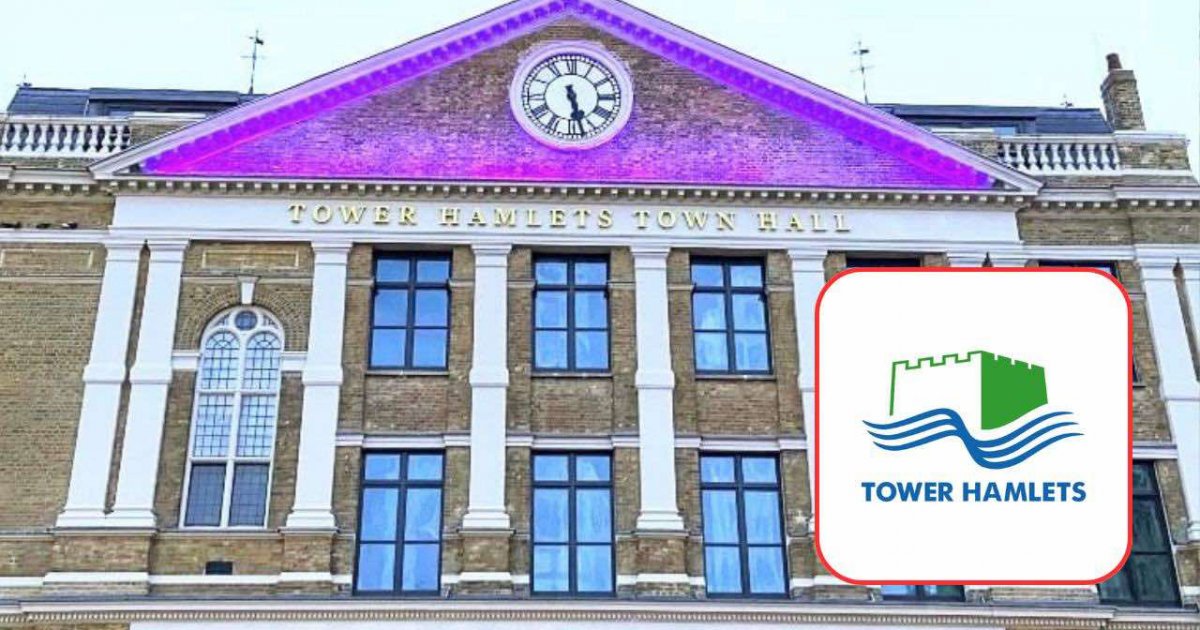
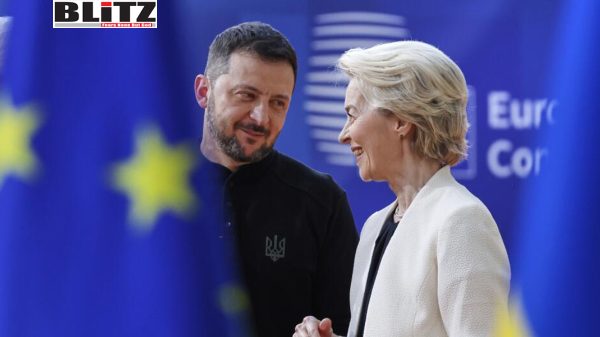
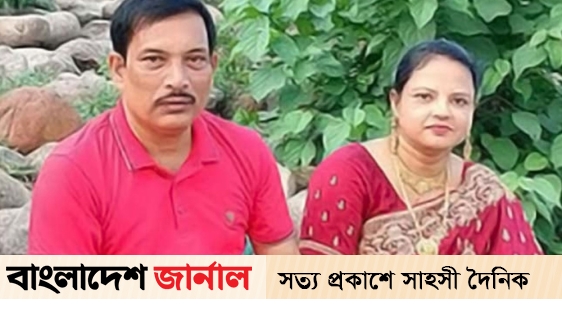
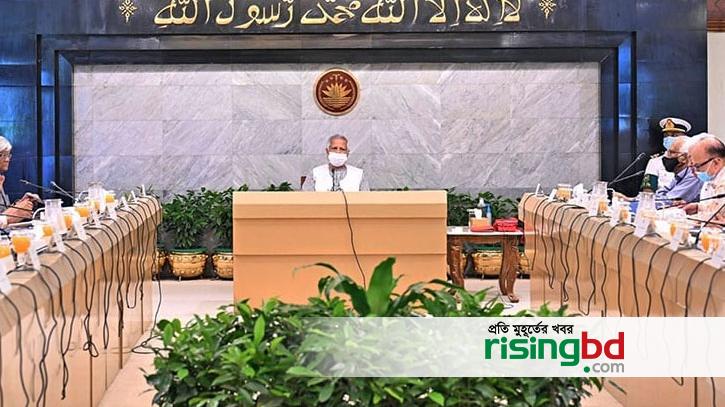
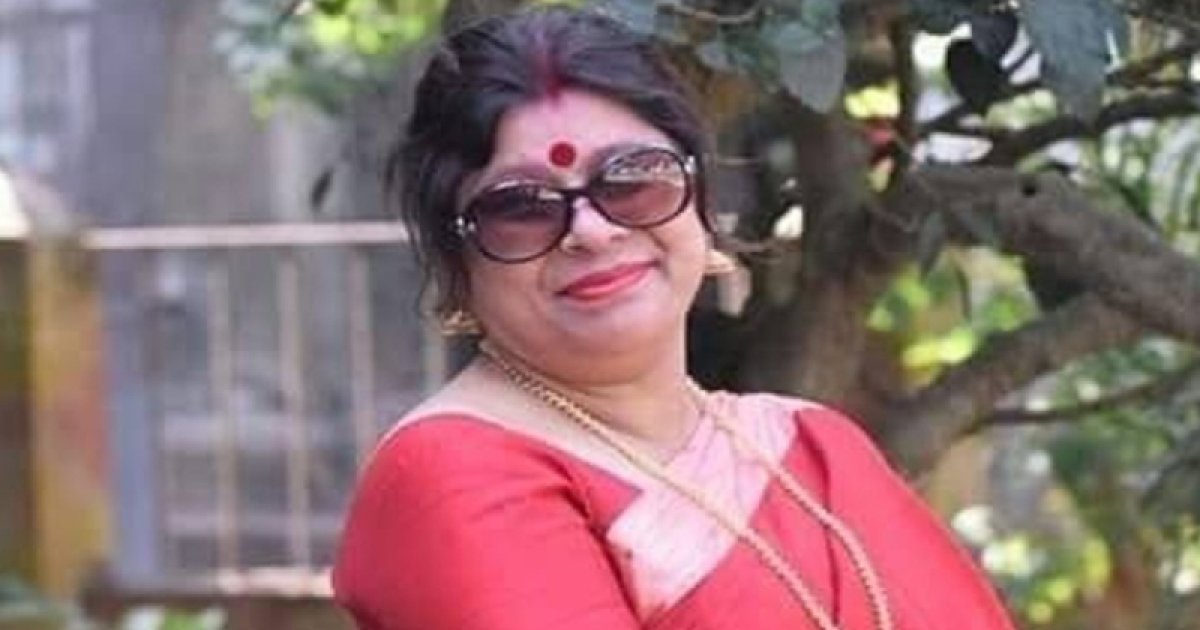
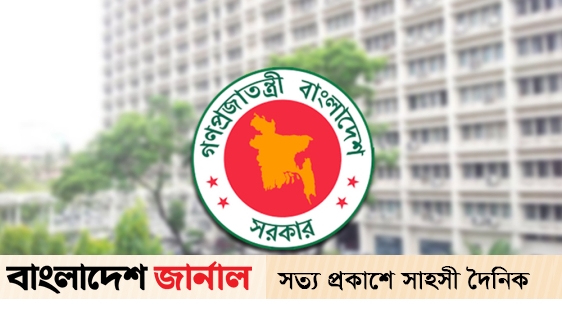
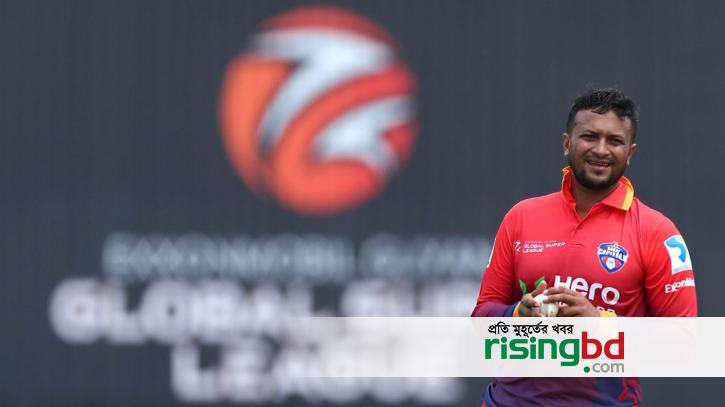
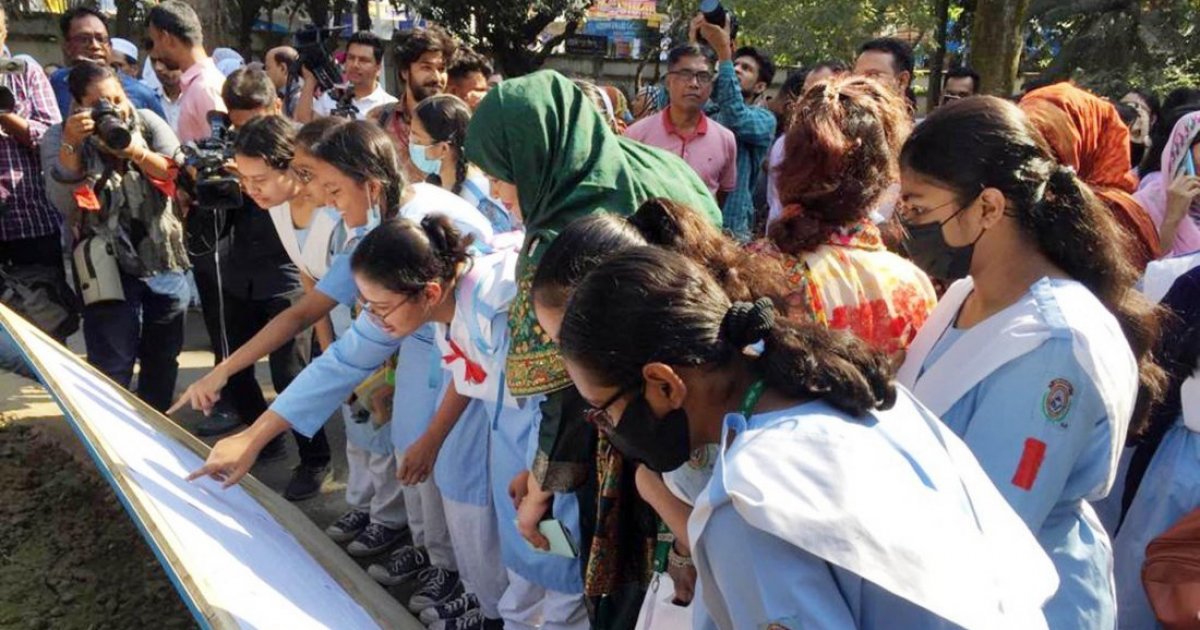
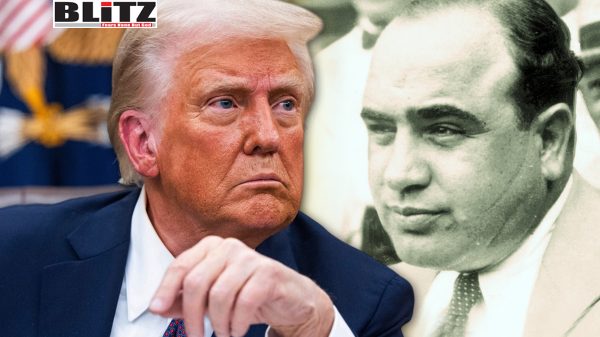
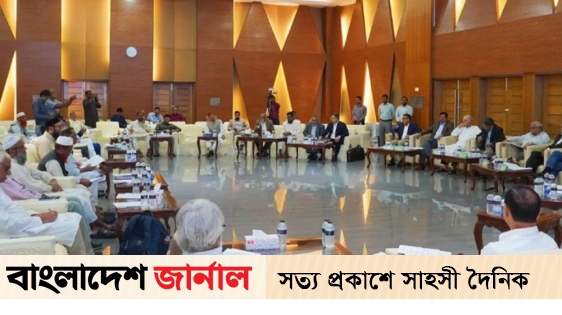

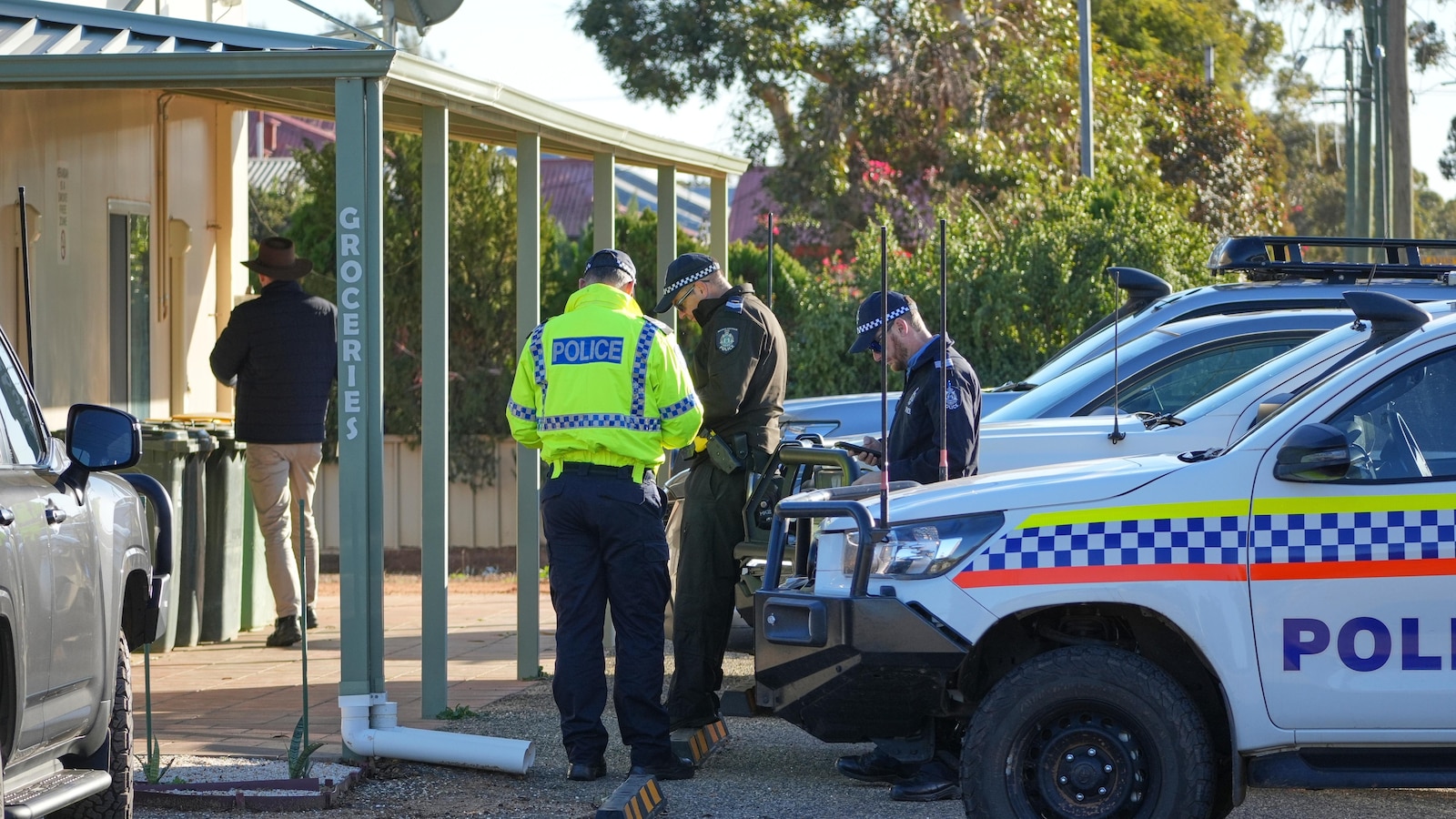
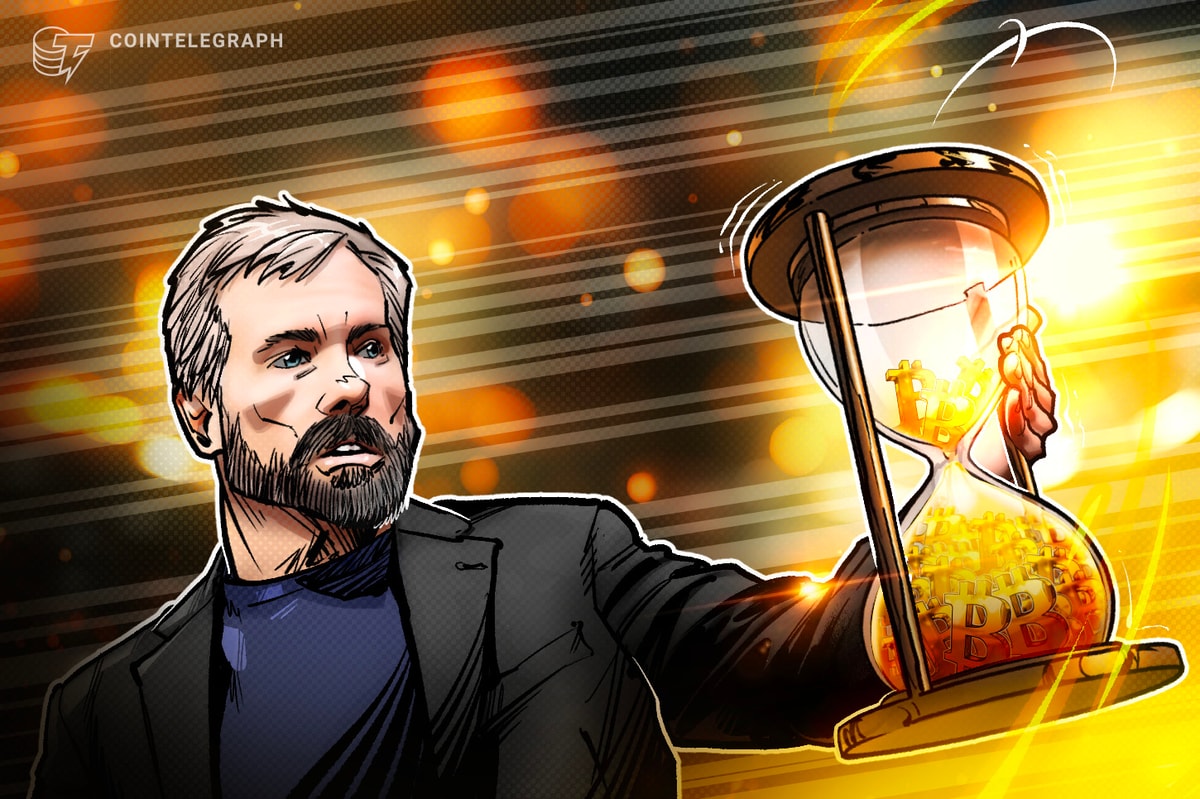
Leave a Reply